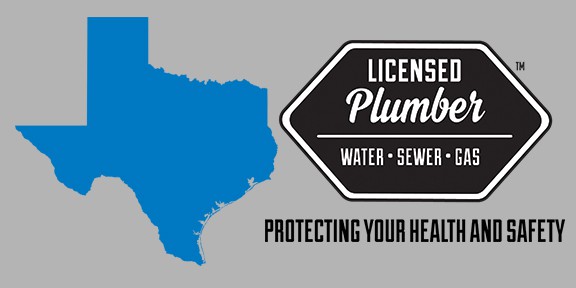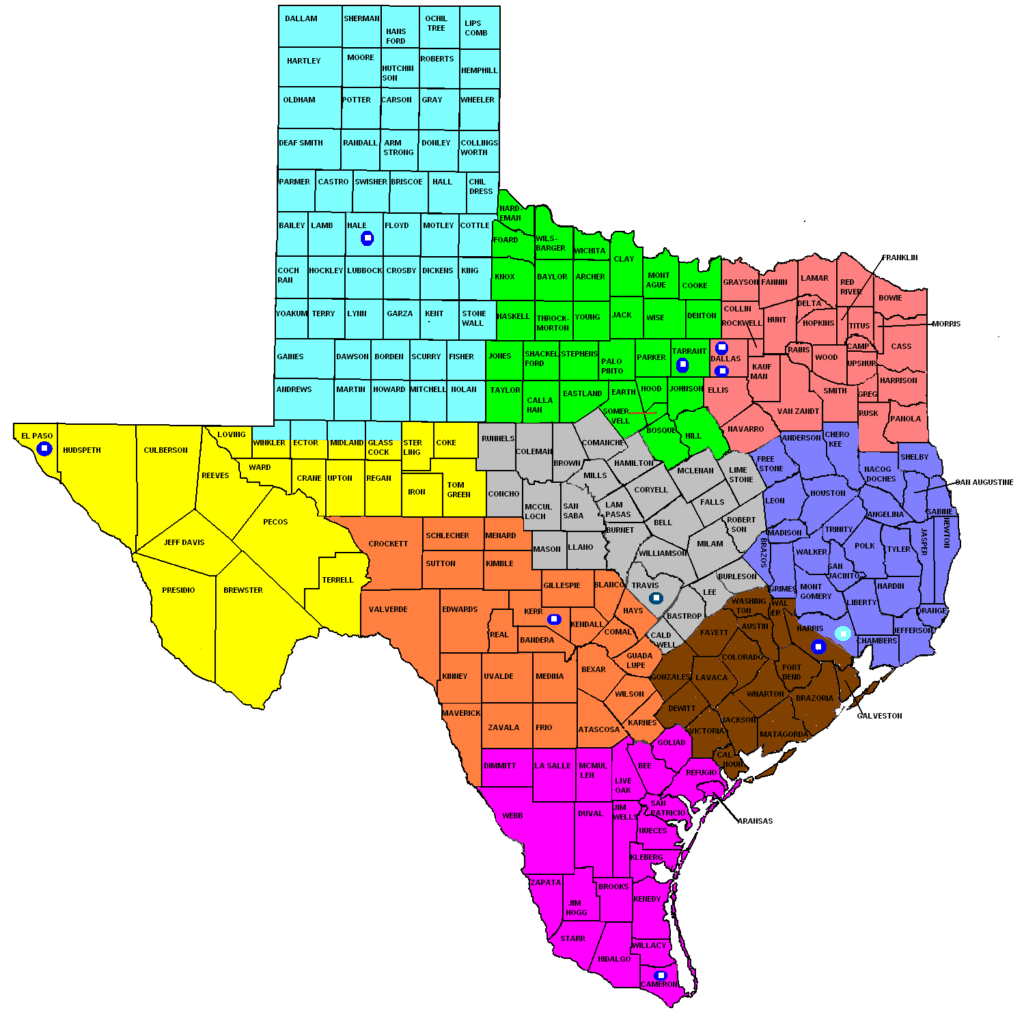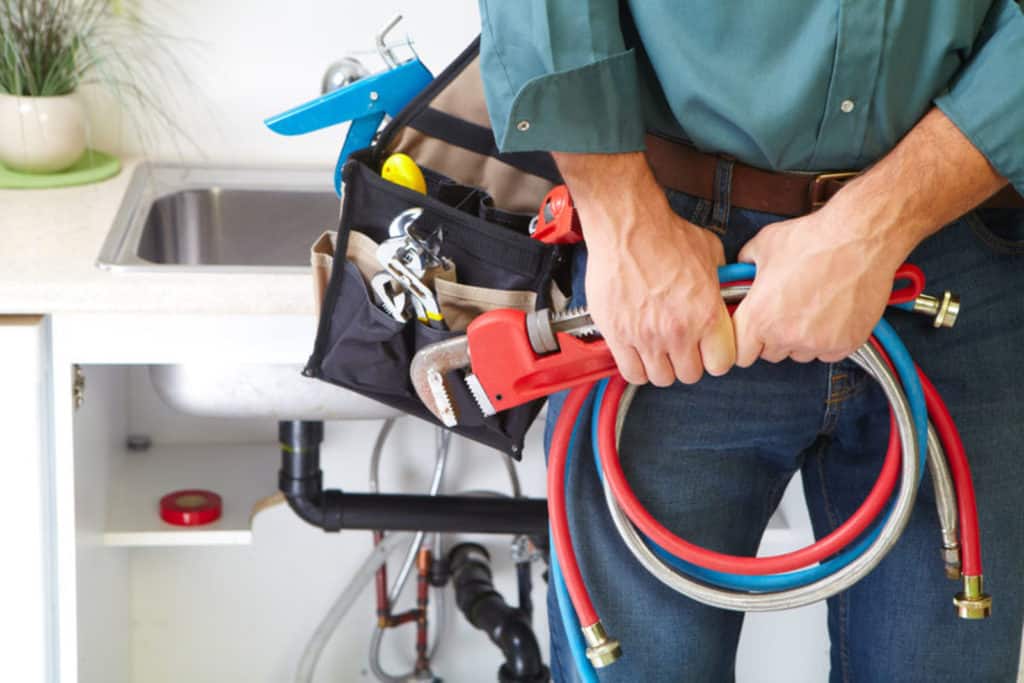How to Become a Licensed Plumber in Texas

Table of Contents
At this point in the 21st century, acquiring a trade skill such as plumbing provides a lucrative career path, considering how these fields are gaining more recognition. However, learning trade skills isn’t as simple as taking the four-year route to university, since each state has different regulations and requirements for licensing qualifications. Learn how to become a licensed plumber in Texas below.
Why Plumbing Licensing is Important
Licensing is crucial, no matter what state you want to work in, and it’s provided by either a state or district-based authority. Having a license means accessing various job opportunities in your state, which includes large-scale projects like designing plumbing layouts. Performing plumbing work without a proper license is an offense under section 221D, sub-section 1 of the Building Act 1993.
Getting licensed from your state-based authority is a beneficial turning point for a plumber’s career. It promotes learning about the specific plumbing problems that are common in a state, and how to address them with advanced methods.
State vs. District-Based Agency Licensing

In some states, getting a state license is enough for a contractor to complete projects all over the state. On the other hand, bigger states with diversified cities and districts will require a plumbing contractor to get a district license.
This will limit them to working in a particular district, but since these areas will be very large, such as those in the state of New York, contractors get plenty of work opportunities.
How to get a plumbing license in Texas
Texas recently passed a bill that would abolish the Texas State Board of Plumbing Examiners, and the Plumbing License Law, which is set to expire on September 1, 2019. However, this would create the prospects of every other person calling themselves a plumber and performing inadequate work.
To avoid this, Governor Greg Abbott extended the Board and the licensing law until 2021. Hence, anyone who wants to work as a journeyman plumber will still have to obtain a license first. The Board is responsible for authorizing licenses, taking examinations, and evaluating any violations of the licensing law, such as improper plumbing work.
Requirements for a Plumbing Contractor License

1) High School Diploma or Equivalent
Journeyman and master plumbing licenses require that the applicant be at least 18 years of age. They should have a high school diploma or GED. When sending the application, attach a copy of your diploma with the form.
2) Experience
For a journeyman plumbing license, the applicant has to provide proof of at least 8000 hours of work experience. This should be as an apprentice, under the direct supervision of a licensed plumber. Applicants have to prove this through an Employer Certification form.
For a master plumbing license, the applicant should be currently licensed as a journeyman plumber. In addition, they should also have held the license for a minimum of one year.
How to apply for a plumbing license in Texas
1) Application Form
You can get the application form for the journeyman and master plumbing exam from the official address of the Texas State Board of Plumbing Examiners or download it from the website.
The application fee for the journeyman license is around $27 and $155 for the master plumbing license.
2) Criminal History
Applicants also have to fill in a Criminal History Information form so the Board can evaluate whether they qualify for a license or not.
3) Exam
Applicants for both the journeyman and master plumbing license must take an exam first. The journeyman plumbing exam comprises 90 multiple choice questions, practical shop work, and a project to design a two-story vent and drainage system.
Candidates for the master plumbing exam have to take a lengthier exam, comprising 210 multiple choice-style questions. The project task will ask for designing a 3-story sanitary vent and drainage system for 16 fixtures. Other tasks, like sizing charts for drainage system pipes, water pipes, and appliance vents.
4) License
Once candidates pass the examination, the Board authorizes their license and you can work as a licensed contractor.
Finding a Plumbing Job

Once the state issues you a plumbing contractor licenses, it’s time to chose one out of three main career paths.
1) Stay Connected with Your Apprenticeship
After obtaining your journeyman license, you can work for the same company where you completed your apprenticeship. This will allow you to work under the direction of a master plumber, and in a practice that you’re familiar with.
2) Start Working with a New Company
For a change of pace, you can also start working at a new company after obtaining your journeyman plumbing license.
3) Start Your Own Company
If you obtain your master plumber license, starting your own company or working as a solo contractor are great career options.
Working in a Different State
Nonetheless, getting your state or district plumbing license doesn’t imply that you can work in any state you’d like. In fact, it doesn’t’ even mean that you can work the entirety of your career with just one license.
Getting a plumbing contractor license from Indiana means you can only practice in Indiana. For projects that fall out-of-state, it may be possible to get a temporary permit. Similarly, plumbing contractors will have to get their licenses renewed every year to keep practicing. This is helpful because you get a chance to gain more knowledge about the field.
Advocate for Licensing
PHCEid.org is an advocate for the Plumbing, Heating, Cooling, and Electrical contractor to properly identify their licensed status for public awareness. Professional Contractors have the license or certification to work in homes and businesses. Without the proper certification and licensing to become a skilled trades professional, it compromises the integrity of the trade industry.
The contractors listed on the PHCEid.org website are licensed or certified according to the codes and laws set forth by each governing state and/or entity. Licensed Contractors work in compliance with local and state codes set forth by their governing trade industry board. Get more information at PHCEid.org or call 844-954-2367 today!
